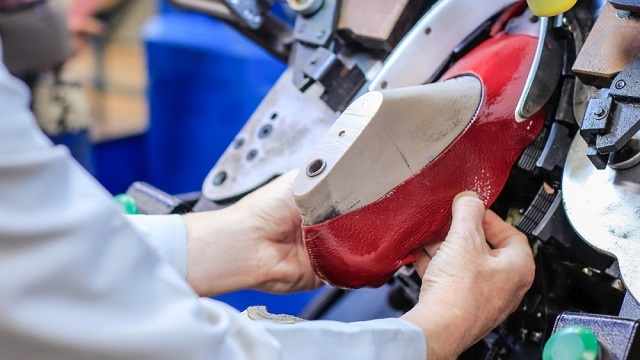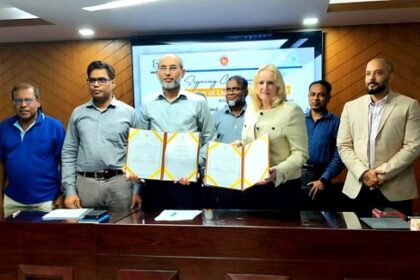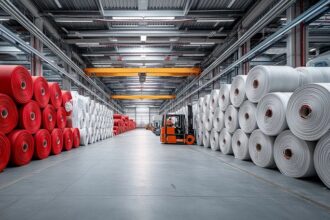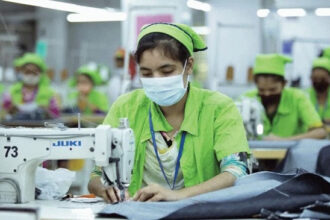The U.S.-China trade relationship remains in flux as a 90-day pause on escalating tariffs on Chinese imports continues at a temporary 30 percent rate, down from an initially proposed 55 percent rate which factored in previous tariffs. U.S. Treasury Secretary Scott Bessent recently described the pause as a foundation for future negotiations, with ongoing talks scheduled through August 12, 2025.
Footwear companies are actively adjusting to this uncertain environment by employing various strategies to soften tariff impacts while preparing for longer-term shifts in sourcing and pricing.
Academy Sports + Outdoors CEO Steve Lawrence revealed the company pulled forward domestic inventory receipts at pre-tariff prices and trimmed future receipts to “maintain flexibility” amid evolving tariffs and consumer spending patterns.
Caleres Inc., parent company to several footwear brands, cited additional costs linked to moving goods and canceled orders during its earnings call. CEO Jay Schmidt noted that operating earnings faced pressure from “costs to cancel and move inventory,” emphasizing the increasingly challenging operating environment. The company plans to reduce China-sourced products to 10 percent or less by late 2025, down from an earlier target of 25 percent.
Crocs Inc. CEO Andrew Rees Explained the ongoing tariff uncertainty as making short- and long-term planning difficult. While Crocs benefits from a diversified sourcing mix, it has implemented selective price increases but remains in a “wait-and-see” mode regarding broader pricing adjustments.
Steve Madden Ltd. has been among the most proactive. CEO Ed Rosenfeld explained the company’s swift adaptation to the changing trade landscape, aiming to mitigate near-term tariff impacts while positioning for sustained growth. The firm expects to cut China production dramatically, with fall production of Steve Madden and Dolce Vita shoes “virtually nothing” from China. The company is shifting sourcing to countries like Cambodia, Vietnam, Mexico, and Brazil, though delivery times for these goods will increase by 30 to 45 days.
BTIG equity analyst Janine Stichter noted that despite the tariff relief from the lowered 30 percent rate on Chinese goods, companies will still feel the financial impacts, particularly due to costs from supply chain shifts. She emphasized that many firms that exited China rapidly may find it uneconomical to revert production there now.
Several companies, including Birkenstock Holding PLC, Boot Barn Holdings Inc., and On Holding AG, have already factored in potential weaker performance for the latter half of 2025 amid expected price increases.
Price hikes have started selectively, with companies like Nike, Crocs, and Steve Madden implementing low to mid-single-digit increases. However, Stichter projects broader pricing adjustments will roll out from July onwards, as firms balance inflationary pressures against consumer demand risks.
although the tariff pause, Stichter suggests pricing remains a critical tool to offset rising costs, and the temporary tariff relief may not substantially alter companies’ pricing strategies.
Given the ongoing uncertainty, many footwear firms expect current tariff rates to hold through the end of 2025, with further trade negotiations and potential policy changes closely monitored.











